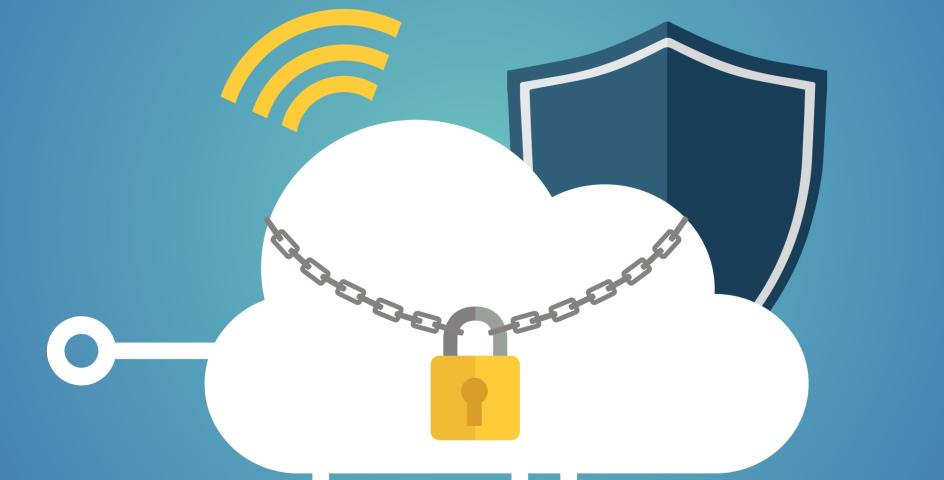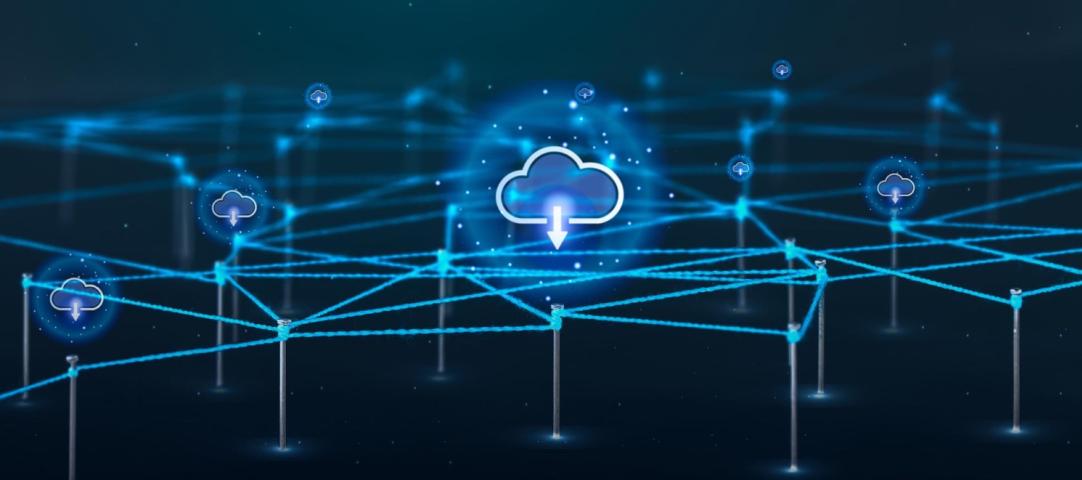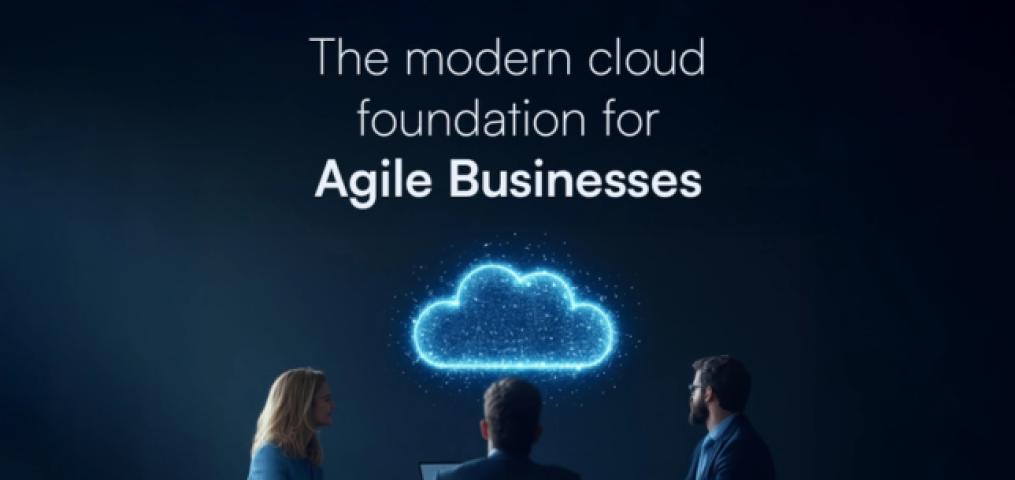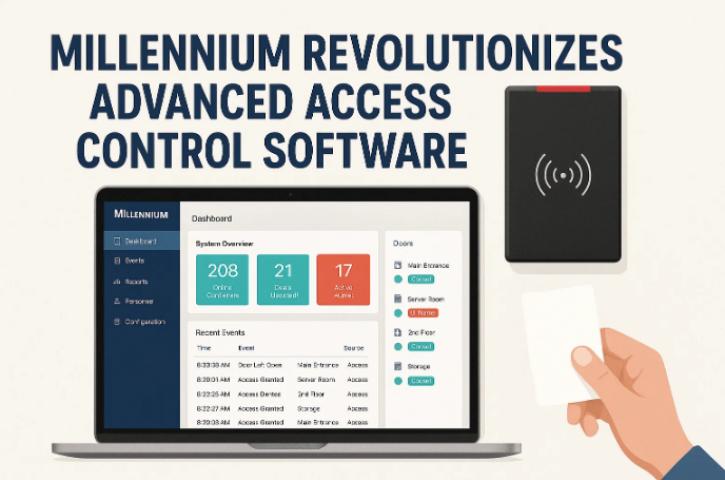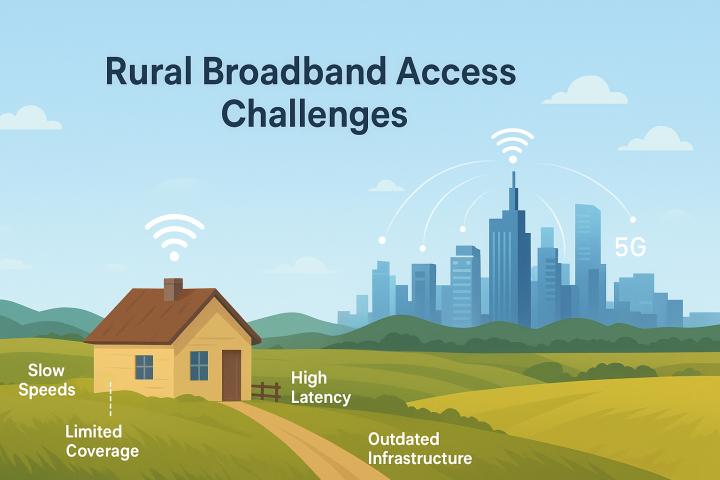In today’s rapidly evolving digital landscape, securing cloud access is a priority for businesses of all sizes. With the growing adoption of cloud services, organizations must ensure that their cloud environments are safeguarded against potential threats. Cisco’s CCIE Security certification provides in-depth knowledge and practical expertise on secure cloud access solutions, making it an essential credential for network engineers aiming to master cloud security frameworks. This blog explores the advanced cloud security concepts and solutions covered in the CCIE Security training program.
Why Cloud Security is Crucial
Cloud environments introduce unique challenges, such as data breaches, unauthorized access, and insecure interfaces. To mitigate these risks, robust security measures and best practices are vital. CCIE Security training equips professionals with the tools and methodologies required to address these challenges, emphasizing:
Identity and Access Management (IAM): Proper IAM protocols ensure only authorized users can access cloud resources.
Data Encryption: Encryption protects sensitive data both in transit and at rest.
Cloud Monitoring and Threat Detection: Real-time monitoring helps identify and neutralize potential security incidents.
Zero Trust Architecture: This model assumes no implicit trust within the network, reinforcing authentication at every stage.
Compliance Management: Ensuring adherence to industry standards like GDPR, HIPAA, and PCI-DSS is critical for data protection.
Secure Cloud Access Solutions in CCIE Security
The CCIE Security certification delves into several advanced cloud access solutions, preparing candidates to handle complex cloud-based infrastructures. Key areas of focus include:
Cisco Umbrella Cisco Umbrella offers a cloud-delivered security solution that safeguards users from malicious sites and threats on the internet. It provides:
DNS-layer security to block harmful connections before they reach the network.
Secure Web Gateway (SWG) for content filtering and monitoring.
Cloud-delivered firewall to inspect and control traffic.
Secure Access Service Edge (SASE) SASE is a revolutionary architecture that integrates networking and security capabilities into a single cloud-native service. It combines software-defined wide-area networking (SD-WAN) with robust security features like CASB (Cloud Access Security Broker), ZTNA (Zero Trust Network Access), and secure web gateways.
Identity Services Engine (ISE) Cisco ISE provides identity-based secure access by enforcing policies based on user roles, devices, and compliance status. It supports multi-factor authentication (MFA) and seamless integration with third-party security solutions.
Secure Multi-Cloud Connectivity In a multi-cloud environment, ensuring secure connectivity between cloud platforms is essential. CCIE Security training highlights:
Site-to-site VPNs for secure inter-cloud communication.
Cloud-to-data-center VPNs to safeguard hybrid deployments.
Leveraging Cisco vManage for centralized control and monitoring of multi-cloud connections.
Endpoint Security in Cloud Environments Endpoints remain a critical vulnerability in cloud networks. CCIE Security covers solutions like:
Cisco Secure Endpoint to detect and respond to endpoint threats.
Integration with Threat Intelligence services to automate threat mitigation.
Practical Labs and Real-World Scenarios
One of the standout features of CCIE Security training is the emphasis on hands-on labs and real-world scenarios. Candidates learn how to:
Configure and deploy secure cloud solutions using tools like Cisco Umbrella and ISE.
Troubleshoot cloud access issues in hybrid environments.
Implement best practices for Zero Trust security models.
Benefits of Learning Secure Cloud Access Solutions
By mastering secure cloud access through CCIE Security, professionals gain:
Enhanced Career Opportunities: With cloud adoption at an all-time high, organizations need skilled engineers to secure their infrastructure.
Future-Proof Skills: As cloud technologies evolve, the knowledge gained through CCIE Security remains relevant and adaptable.
Confidence in Handling Cloud Security Challenges: Practical labs and real-world examples prepare candidates to address real-time issues effectively.
Keeping Up with Emerging Trends
The cloud security landscape is ever-changing, with new threats and technologies emerging regularly. CCIE Security training ensures professionals stay ahead by covering:
The latest updates in cloud security frameworks.
Integration of AI and machine learning for advanced threat detection.
Continuous security monitoring and automation practices.
Conclusion
Securing cloud access is no longer optional; it is a necessity in today’s interconnected world. The advanced concepts and practical applications covered in CCIE Security training empower network engineers to design, implement, and manage secure cloud environments effectively. Whether you are an experienced professional or just beginning your journey in network security, this certification is a critical step toward excelling in the field of cloud security. Enroll today to gain unparalleled expertise and take your career to the next level!
.
Visit this page more information
https://nitizsharma.com/ccie-security-training-certification/
